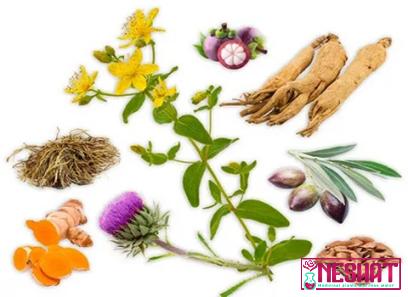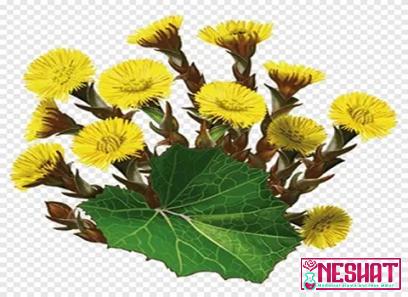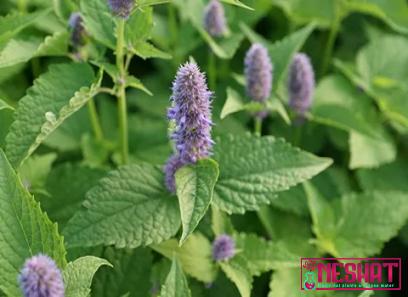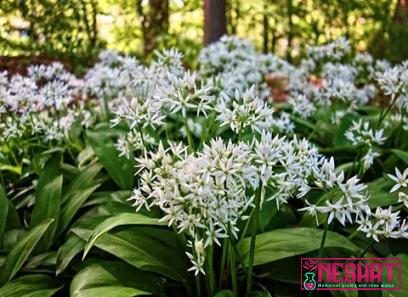One plant that has captured the attention of researchers and health enthusiasts alike is wormwood (Artemisia absinthium). Known for its bitter taste, this perennial herb offers a host of potential benefits for our health and well-being. In this article, we will explore the fascinating properties and potential commercial opportunities associated with the wormwood medicinal plant. 1. Historical Significance: Wormwood has a rich history that spans centuries. It has been used in traditional medicine across different cultures. Ancient Egyptians used it for gastrointestinal disorders, Greek physicians for gastric ailments, and Chinese practitioners for various conditions. This long-standing history signifies the enduring trust and significance associated with this remarkable plant.

.
 2. Medicinal Properties: Wormwood contains a multitude of bioactive compounds, including absinthin, anabsin, thujone, and artemisinin, which provide various medicinal benefits. These compounds possess anti-inflammatory, antimicrobial, antifungal, and antioxidant properties, making wormwood an invaluable natural resource for multiple therapeutic applications. 3. Digestive Health: The bitter taste of wormwood stimulates the production of digestive juices, aiding in proper digestion and relieving symptoms such as bloating, indigestion, and loss of appetite. Its antispasmodic properties can alleviate gastrointestinal disorders like irritable bowel syndrome (IBS) and flatulence, providing relief to those suffering from these conditions.
2. Medicinal Properties: Wormwood contains a multitude of bioactive compounds, including absinthin, anabsin, thujone, and artemisinin, which provide various medicinal benefits. These compounds possess anti-inflammatory, antimicrobial, antifungal, and antioxidant properties, making wormwood an invaluable natural resource for multiple therapeutic applications. 3. Digestive Health: The bitter taste of wormwood stimulates the production of digestive juices, aiding in proper digestion and relieving symptoms such as bloating, indigestion, and loss of appetite. Its antispasmodic properties can alleviate gastrointestinal disorders like irritable bowel syndrome (IBS) and flatulence, providing relief to those suffering from these conditions.
..
 4. Parasitic Infections: Wormwood has long been recognized for its potent antiparasitic properties. Its constituent compound, artemisinin, has been extensively studied and utilized to combat malaria. Beyond malaria, wormwood shows promise in fighting other types of parasitic infections, such as giardiasis and schistosomiasis, making it a potential future alternative or complementary treatment. 5. Mental Health and Cognitive Function: Research suggests that wormwood may have a positive impact on mental health and cognitive function. Some studies have shown that its compounds, particularly absinthin and anabsin, can mitigate the effects of neurodegenerative diseases like Alzheimer’s and Parkinson’s. These findings open up exciting possibilities for the development of natural therapies in mental healthcare.
4. Parasitic Infections: Wormwood has long been recognized for its potent antiparasitic properties. Its constituent compound, artemisinin, has been extensively studied and utilized to combat malaria. Beyond malaria, wormwood shows promise in fighting other types of parasitic infections, such as giardiasis and schistosomiasis, making it a potential future alternative or complementary treatment. 5. Mental Health and Cognitive Function: Research suggests that wormwood may have a positive impact on mental health and cognitive function. Some studies have shown that its compounds, particularly absinthin and anabsin, can mitigate the effects of neurodegenerative diseases like Alzheimer’s and Parkinson’s. These findings open up exciting possibilities for the development of natural therapies in mental healthcare.
…
 6. Commercial Opportunities: With its wide range of potential health benefits, wormwood offers excellent commercial opportunities. From pharmaceuticals to nutraceuticals and even herbal supplements, the market for wormwood-based products is steadily expanding. Additionally, the growing interest in sustainable and natural alternatives to synthetic medications further boosts the potential of wormwood-based ventures. Conclusion: Wormwood, with its rich history and numerous medicinal properties, stands as a valuable resource for modern-day healthcare. Its potential applications in digestive health, antiparasitic treatments, and mental well-being make it an intriguing prospect for researchers, entrepreneurs, and health enthusiasts alike. By harnessing the power of this exceptional plant, we can unlock new opportunities to improve human health and well-being while promoting the use of sustainable and natural remedies.
6. Commercial Opportunities: With its wide range of potential health benefits, wormwood offers excellent commercial opportunities. From pharmaceuticals to nutraceuticals and even herbal supplements, the market for wormwood-based products is steadily expanding. Additionally, the growing interest in sustainable and natural alternatives to synthetic medications further boosts the potential of wormwood-based ventures. Conclusion: Wormwood, with its rich history and numerous medicinal properties, stands as a valuable resource for modern-day healthcare. Its potential applications in digestive health, antiparasitic treatments, and mental well-being make it an intriguing prospect for researchers, entrepreneurs, and health enthusiasts alike. By harnessing the power of this exceptional plant, we can unlock new opportunities to improve human health and well-being while promoting the use of sustainable and natural remedies.










Your comment submitted.